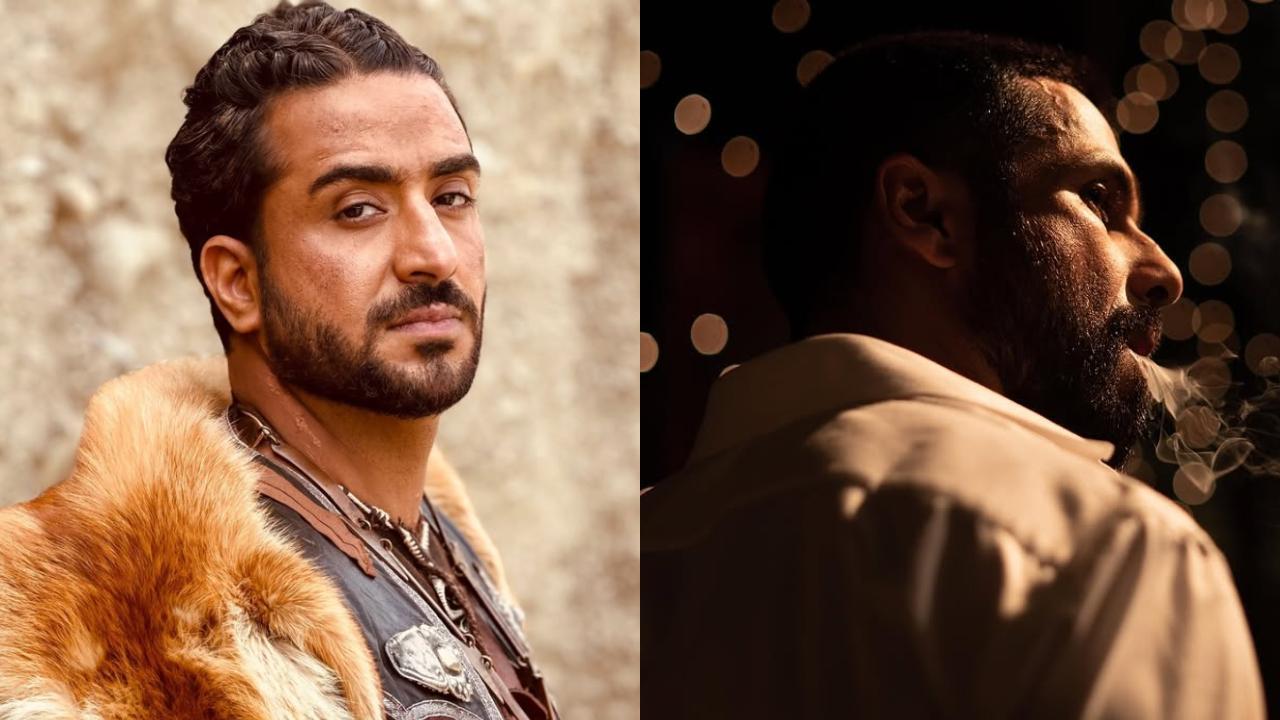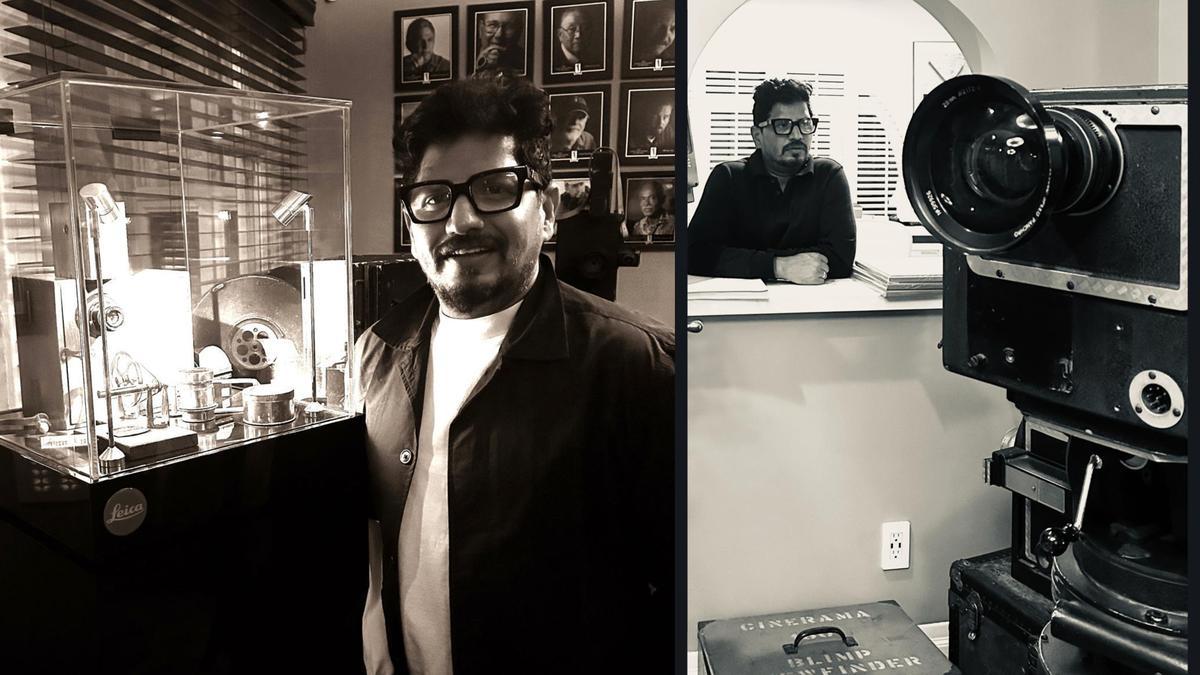
New Delhi has become the stage for a narrative that delves deep into the phenomenon known globally as ‘The Donkey Route’ or ‘Dunki Marna’, translating to the precarious path of illegal migration. Within the bustling city, lives are woven with dreams and aspirations that often lead individuals to embark on perilous quests for brighter futures in faraway lands, leaving behind the familiar soil of their motherland.
In a much-anticipated cinematic return, Rajkumar Hirani, the acclaimed director whose previous works have insightfully critiqued systems of education in “Three Idiots” and tackled the topic of religious dogma in “PK”, brings to the silver screen an immersive tale of aspiration and survival. “Dunki”, the latest film to emanate from Hirani’s directorial finesse, pairs him with superstar Shah Rukh Khan in a poignant story that promises to stir hearts and provoke thought.
“Dunki” introduces audiences to Hardyal Singh Dhillon, affectionately known as Hardy, deftly portrayed by Shah Rukh Khan. Hardy becomes the beacon of hope for the endearing Laltu trio: the resilient Mannu (Taapsee Pannu), the steadfast Buggu (Vikram Kochhar), and the ever-hopeful Balli (Anil Grover). Driven by the dream of a life in England, the Laltu trio find themselves entangled in the grueling and often dispiriting struggle for legal migration. Faced with relentless obstacles, they resolve to travel the ‘dunki’ route, a decision that exposes them to dire risks as they strive to reach the shores of their promised land.
The narrative unfolds as the characters navigate a treacherous global maze – traversing through Pakistan, Afghanistan, Iran, and Turkey, crossing into Portugal, and finally, arriving in England. Each step of their journey is underscored by the raw reality that the idyllic life they’ve envisioned may be nothing more than an illusion. Taapsee Pannu’s character Mannu poignantly poses the question, “Why can’t we share a bit of the same world? Why don’t you give us a chance to work and help you?” Meanwhile, Hardy’s impassioned plea to a judge embodies the film’s core message, defining the right to pursue one’s dreams irrespective of geographic boundaries.
“Dunki” resonates with Hirani’s hallmark approach of interweaving significant messages with humor and heartrending visuals, forsaking grandiose speeches for genuine human connection and empathy. Beyond the film’s allure, the message resonates loud and clear: open your hearts and refuse to judge individuals by the territories from which they emerge. It prompts viewers to examine a world fractured by ethnic and religious divides, compelling us to reconsider what humanity might gain by embracing shared identities rather than surrendering them for fleeting material gains.
While Shah Rukh Khan shines brightly, bringing a nuanced performance to the forefront, it’s Vicky Kaushal’s cameo that unexpectedly captivates viewers. His character Suki, though brief in screen time, delivers a memorable performance that flawlessly captures the anguish and hope of those caught in the snarls of migration.
Though the film’s early scenes are lighthearted and paced deliberately, “Dunki” gains significant momentum as it progresses. It transforms from a tapestry of laughter into a profound reflection that is likely to resonate with many viewers. Hirani and Khan’s collaboration underscores a universal truth – home is not merely a place, but an undeniable part of our essence, for better or worse.
In its entirety, “Dunki” stands as a testament to the indomitable human spirit, the quest for opportunity, and the reality that, regardless of the distance traveled or the hardships faced, there truly is no place like home. It serves as a mirror, reflecting not just the lives of the characters, but also the lives of countless individuals who face similar plights across the globe. The film dares to challenge and inspire, leaving the audiences with a lingering question: what really defines a home, and who has the right to chase their dreams within it?










